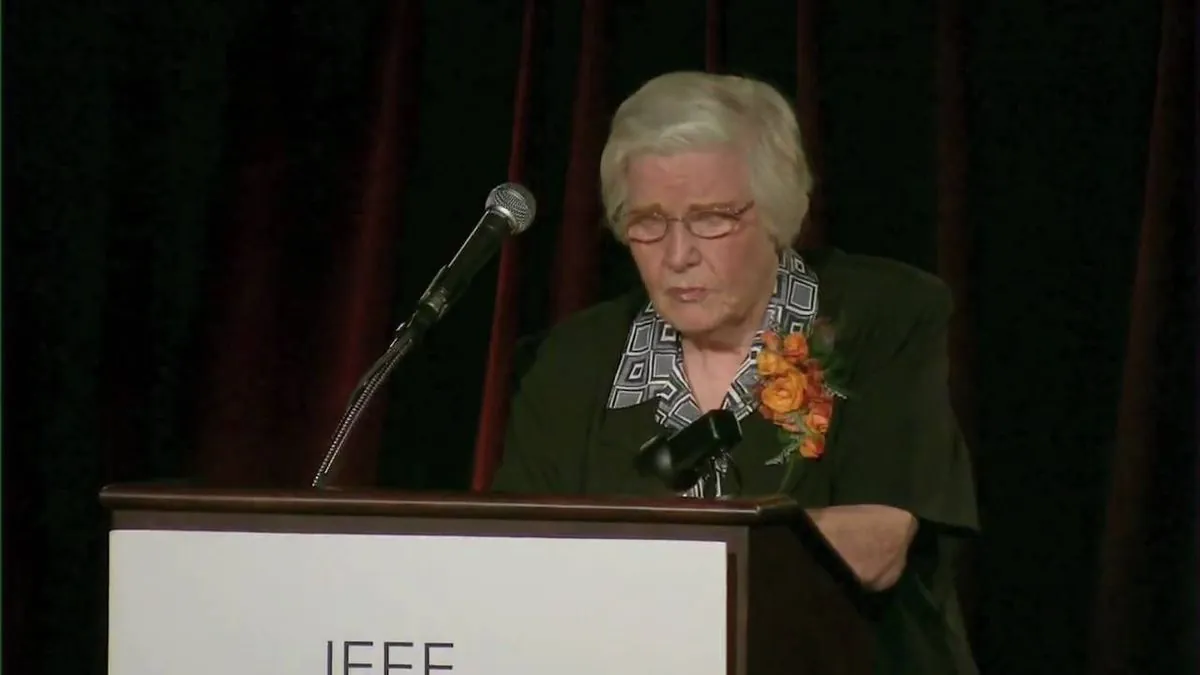Trailblazer Betty Jean Hall: Revolutionizing Women's Role in Coal Mining
Betty Jean Hall, founder of the Coal Employment Project, challenged discrimination in the mining industry. Her groundbreaking work opened doors for women in one of America's most dangerous professions.

In the heart of Kentucky's coal country, Betty Jean Hall grew up witnessing a world where mining was exclusively a man's domain. This landscape of gender inequality would later become the battleground for Hall's groundbreaking work, which reshaped the American mining industry.
Hall, who passed away on August 16, 2024, at the age of 78, left an indelible mark on labor rights and women's employment. Her journey began in the 1970s when, fresh out of law school, she founded the Coal Employment Project (CEP) in Oak Ridge, Tennessee. This organization would become the catalyst for a seismic shift in the mining industry.
In 1978, Hall took a bold step by filing a federal complaint against 153 coal companies, accusing them of blatant discrimination. This action was rooted in a 1965 executive order signed by President Lyndon B. Johnson, which prohibited federal contractors from discriminating based on sex.

The impact of Hall's work was profound. Within five years of the complaint, approximately 3,370 women were employed in mines, a significant increase from virtually zero. While this represented less than 2% of all miners, it was a monumental achievement in an industry that had long resisted change.
"She really spearheaded the most massive influx [of women] into underground coal mining historically."
Hall's efforts extended beyond mere employment. She addressed the myriad challenges faced by female miners, from ill-fitting safety equipment to rampant sexual harassment. The National Conference of Women Miners, which Hall helped establish, tackled issues such as the risks to pregnant women working underground and broader health hazards affecting all miners.
It's worth noting that the first woman to receive a coal mining certificate in the US was Marilyn McCusker in 1973, just a few years before Hall's landmark legal action. This timing underscores the rapid progress made in a short period, largely due to Hall's tireless advocacy.
Hall's influence reached beyond the coal industry. Her legal strategies were applied to other male-dominated fields, such as highway construction, paving the way for increased gender diversity across various sectors.
Born on July 12, 1946, in Richmond, Kentucky, Hall grew up in Buckhorn before pursuing her education at Berea College and later at the Antioch School of Law in Washington. Her career culminated in a long tenure on the Labor Department's Benefits Review Board, where she served as chair and chief administrative appeals judge before retiring in 2019.
The legacy of Betty Jean Hall is perhaps best summed up by Richard Trumka, former president of the United Mine Workers of America, who in 1983 stated, "I think most men in the mines today would agree it's been our good luck, not our bad luck, that you joined our ranks in the mines."
As we reflect on Hall's contributions, it's clear that her work not only opened doors for women in mining but also challenged deeply ingrained societal norms, proving that gender should never be a barrier to pursuing one's chosen profession.


































